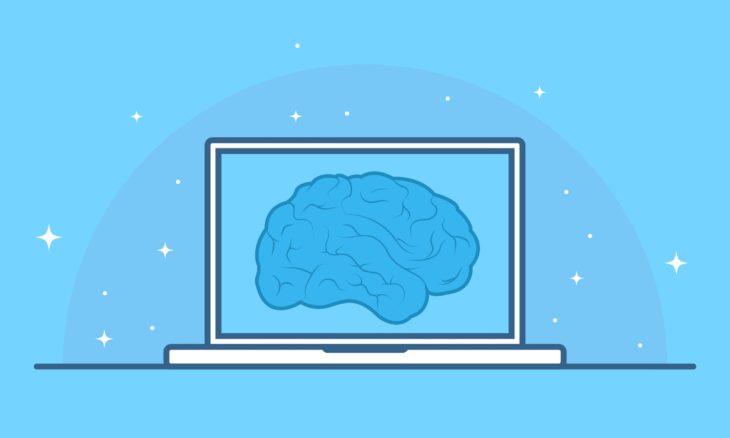One of the most significant downsides to artificial intelligence (AI) is it will doubtless take over jobs and leave humans unemployed. It’s a major concern for many members of the workforce.
Researchers from the University of Buffalo discovered higher-paid individuals, such as medical professionals and lawyers, are less at risk of getting replaced than low-skilled workers. In fact, roles that involve collaboration, decision-making and negotiation are safe, as those tasks are difficult for technology to emulate.
The Initial Research Process
The research team systematically reviewed every study published about the impacts of artificial intelligence on self-employment. Next, they compared those findings with research on groups in more than 20 work environments. This process allowed them to discover that low-skilled jobs, such as drivers and construction workers, are under the most threat of replacement.
Low-skilled work is often routine and repetitive. AI can fulfill and optimize these roles without discomfort or the need for a break. Some company leaders feel compelled to replace members of the team with technology.
An Investment in Progress
Self-employed workers typically fall behind because they don’t have access to as many resources as mega-companies do. Many struggle and continue to do too much by hand. However, entrepreneurs should start small with AI. Create a step-by-step strategy and look for ways to invest in the future.
People are surprised to learn the average entrepreneur works 70 hours per week when starting out. No matter how a self-employed person makes a living, they typically have more duties than traditionally employed people. For example, they must keep careful tax records and report each quarter. Fortunately, AI tools exist to help those who work for themselves get stuff done efficiently.
For example, a tool called Receipt Bot automates data entry tasks by extracting information from things like receipts and documents. It also detects potentially missing records and sends you helpful reminders. These features allow people to spend less time entering data and devote more hours to the rewarding aspects of running a business.
Adobe has a product that depends on AI to work, as well. It looks for relevant content on your phone’s camera roll and converts it into a PDF to share with others. Plus, AI-based options can assist you with scheduling meetings. They handle the conversations involved with setting a meeting time, freeing up your day and more.
You can invest in AI gradually and see how it works before scaling up.
A Way to Conquer AI’s Influence
Beyond purchasing AI software, what can entrepreneurs do to avoid redundancy in modern society? The University of Buffalo study determined jobs involving robot maintenance and AI hardware distribution may see substantial growth in the coming years.
To stay competitive in an increasingly tech-reliant world, workers should learn new skills likely to be in demand. Kate Bezrukova, an associate professor involved with the study, compared the shifting workplace demands to people who experienced the boom of computers. The new trend required employees skilled in IT and networking.
It’s recommended to support campaigns that help self-employed individuals recognize both the positive and negative impacts of AI. Additionally, schools should revamp the curriculum to reflect the skills needed in today’s society.
Self-employed individuals are well-versed in selling themselves. It’s necessary to appeal to clients and set yourself up as an ideal candidate if you want to make an income. The equipment needed to work in an AI-infested world could be similar. If entrepreneurs upgrade their skills, they can remain a crucial part of the future workforce and outshine the competition.



